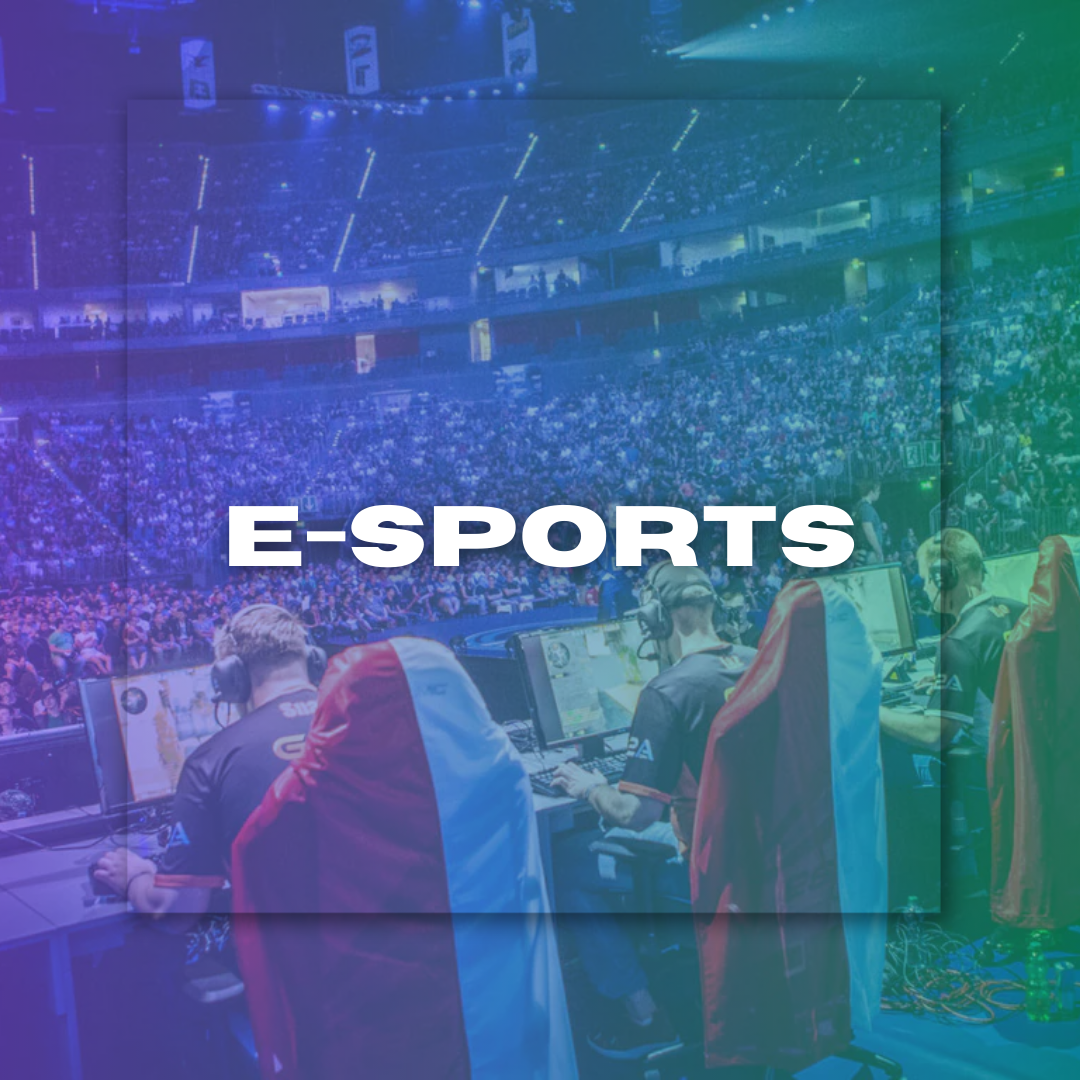
Athletes and Social Justice: The Debate on Activism in Sports
Athletes and Social Justice: The Debate on Activism in Sp...
By Arslan Saleem August 19, 2024 23:16
Athlete activism has become a dominant presence in the sports world today, as athletes are more frequently using their status and resources to work toward social justice and political change. In this piece, we will outline the history of athlete activism and why people argue with either side regarding what these athletes should do about social justice problems that occur in their countries.
Athlete Protest Through the Ages
Early Examples of Activism
Athlete activism can be found as far back as the turn of the 20th century, with athletes like Jesse Owens breaking racial barriers by taking four gold medals at the 1936 Berlin Olympics. However, athlete activism plunged into world consciousness during the 1968 Mexico City Olympics. U.S. sprinters Tommie Smith and John Carlos from left raised their fists in a Black Power salute during the medal ceremony to stage a protest against racial discrimination after winning gold and bronze medals at the 1968 Summer Olympics. It is considered one of the most iconic acts of political dissent in sports history.
The Evolution of Activism
Throughout the years, athlete activism has grown from a mere mention to a continuous focus on social justice topics stretching beyond civil rights, covering gender equity and environmental initiatives. It was a decade that featured Muhammad Ali, who stood up against going to war, and Billie Jean King, demanding equal prize money in tennis. Still, more recently, professional athletes such as Colin Kaepernick have been moving the needle on a global scale by taking a knee during the national anthem and standing up for police accountability in systems systematically rooted in racism.
Viewpoints The Discussion on Athlete Activism
Support for Athlete Activism
Those who favor athlete activism believe athletes have access to a broader stage and own the tax of addressing societal issues. They say athletes and other public figures, for that matter, have the unique ability to sway popular opinion, thus prompting widespread social reform.
Resistance to Athlete Activism
A common argument holds that athletes, lacking similar educational experiences and trained perspectives on these complex social issues, are heading in the wrong direction and may turn off fans or sponsors. It can be very American, even of a sport as connected to place and history such as baseball or hockey, that it should also all serve our higher aspirations; sports are something pure they're what is so ridiculous about being against political divisiveness in them.
Athlete Activists
Colin Kaepernick
In 2016, Colin Kaepernick opened up the conversation of race and activism in sports when he decided to take a knee during the national anthem, which protested police brutality and racial injustice. They sparked protests that spread quickly to other sports leagues, prompting countless athletes to publicly weigh in on social justice issues. However, Kaepernick experienced a huge amount of pushback, and he was even blackballed from the NFL, triggering questions about whether there were negative repercussions to athlete activism.
Megan Rapinoe
Women's soccer star Megan Rapinoe notably advocates for gender inequality and LGBTQ+ rights. She highlighted low wages for female athletes and eventually won a major legal settlement on behalf of the U.S. Women's National Team that forced it to pay $24 million in back wages plus commit to equal payment going forward. Her activism has increased awareness, from gender issues in sports to wider debates about women's rights.
Lewis Hamilton
Lewis Hamilton has used his Formula One platform to discuss racism and diversity in the sport. He has been a vocal supporter of the Black Lives Matter movement and initiated programs to promote diversity in racing. As a result of Hamilton's actions, the governing body that heads Formula 1, the FIA (Fédération Internationale de l'Automobile), has also pledged to implement measures to increase diversity within motor racing.
Influencing Public Discourse
Athlete activism has made an indelible mark on public discourse about social justice. Athletes have advocated for systemic reform, which follows an understanding of long-standing inequities and has prompted race, gender, and human rights conversations across fan bases. This change has caused a backlash among fans, especially younger generations, who are connecting athlete-led actions with more awareness and activism.
Policy Changes
It has also led to policy changes among and outside of sports bodies. The recent success of the U.S. Women's National Team in its legal push for equal pay was a significant victory that is expected to ripple across all sports organs as well.
Obstacles, Dangers, and Criticisms for Athlete Activists
Backlash and Media Scrutiny
The scenario involving Kaepernick shows the repercussions athletes risk when they engage in social activism. A common theme among athletes is the pressure to be simply an entertainer instead of a social activist, as shown by his experience. The negative light of this scrutiny could hamper those who dare speak out, as they may face mental health problems and detachment from peers.
Professional Repercussions
There can be serious professional consequences of activism. That could mean a contract dispute for athletes, losing sponsorships, or even being kicked out of your sport. The reality is that it leads you to question, as a player, how much freedom you have when speaking your mind without losing your paycheck.
The Future of Athlete Activism
Evolving Landscape
As society's attitudes continue to change, so too will the landscape of activist athletes. Social media has given athletes a louder voice than ever before, allowing them to communicate directly with fans. It is a way of strengthening their voices and building connections to social justice issues.
Potential for Greater Impact
The more athletes that adopt a moonshot ethos, the greater the chance of collective action. When athletes across sports and leagues band together, they have the power to change. Groups like the Players Coalition, created by NFL players seeking solutions to particular social justice matters, show how athletes can come collectively and use a collective platform for institutional reform.
Athlete activism is a complex, multifaceted concept that disrupts traditional notions of the place athletes ought to have in society. There is still a debate about whether athletes should do more for social justice and how much their activism effectuates substantive change. As athletes rise to use their platforms for activism, they engage in influential public debate and encourage younger generations to become more involved in social justice causes.
LATEST
- NEWS
- |
- ARTICLES
- |
- VIDEOS






















































































